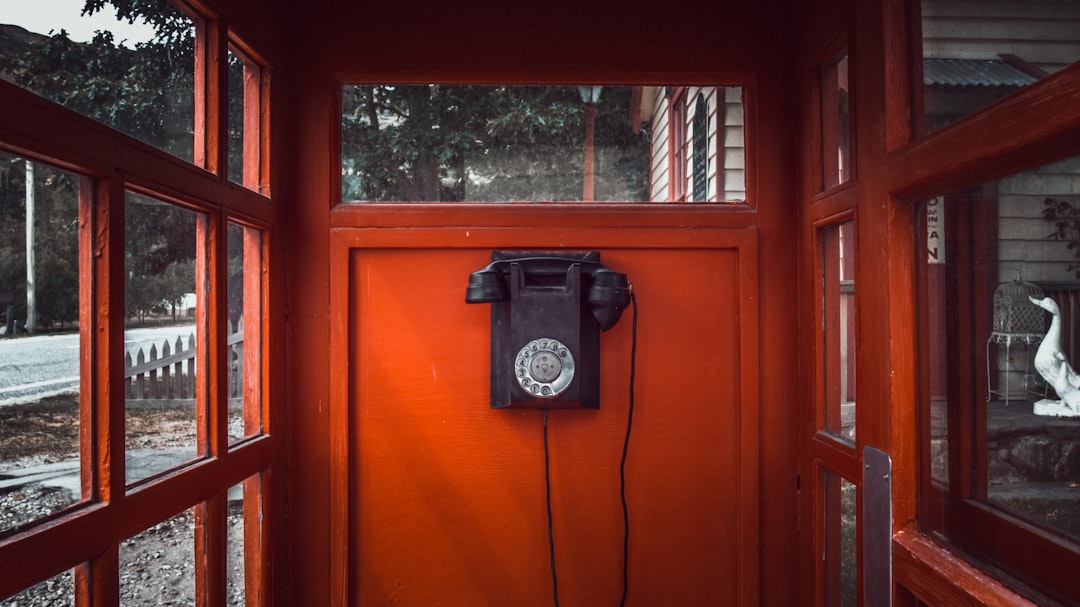Spam calls remain a significant issue in South Carolina, prompting the state to enact a specific Spam Call law to restrict unsolicited marketing. Understanding this legislation is crucial for residents to protect their privacy and report abusive calls. Apps like Hiya and TrueCall offer advanced blocking technologies, leveraging machine learning and user-friendly reporting systems to combat spam effectively. Federal and state laws, including the TCPA and South Carolina Anti-Spam Law, safeguard against unwanted automated calls. Choosing a spam blocker app should prioritize user consent management and opt-out options to comply with these regulations, ensuring residents' privacy and protection from intrusive spam.
In South Carolina, as across the nation, spam calls remain a persistent nuisance. While state laws offer some protection against these unwanted interactions, keeping up with evolving tactics can be challenging. This guide aims to equip folks in South Carolina with knowledge and tools, highlighting the most reliable spam call blocker apps for both Android and iOS devices. We’ll also explore legal considerations and best practices to enhance your spam protection efforts, empowering you to take control of your communication.
Understanding Spam Calls in South Carolina

Spam calls are a persistent and frustrating issue for many South Carolinians, with businesses and residents alike receiving an overwhelming number of unsolicited phone calls daily. These unwanted calls often fall into a legal gray area, especially when they involve marketing or sales purposes. In South Carolina, there’s a specific Spam Call law in place to protect consumers from these nuisance calls. The law outlines the parameters for what constitutes a spam call and imposes restrictions on businesses making such calls without prior consent.
Understanding this local legislation is crucial for both residents and law firms specializing in telecommunications regulations. By familiarizing themselves with the Spam Call law firm South Carolina guidelines, individuals can better protect their privacy and take informed action against persistent spammers. Additionally, it empowers citizens to report unauthorized or abusive calls, contributing to a safer and more regulated communication environment.
Top Spam Call Blocking Apps for Android and iOS

In today’s digital era, managing spam calls has become a ubiquitous challenge across South Carolina and beyond. Luckily, several reliable spam call blocker apps are available for both Android and iOS devices, providing users with much-needed respite from relentless telemarketers. Topping the list for Android users is Hiya, an app renowned for its advanced machine learning capabilities that adapt to new spam patterns. It not only blocks calls but also identifies the sources, offering valuable insights into frequent spam callers.
For iOS device owners, TrueCall stands out as a game-changer. This app boasts a robust database of known spam numbers and uses advanced algorithms to filter out unwanted calls effectively. Additionally, TrueCall allows users to report spam calls directly within the app, contributing to an ever-expanding repository of telemarketer information. These apps empower South Carolina residents to reclaim their phone lines from relentless spam calls, ensuring a smoother and safer communication experience.
Legal Considerations and Best Practices for Spam Protection

In South Carolina, as in many states, there are laws in place to protect residents from spam calls. The Telephone Consumer Protection Act (TCPA) is a federal law that restricts telemarketers’ ability to make automated phone calls and sends without prior consent. State-specific regulations, such as the South Carolina Anti-Spam Law, further bolster these protections. When selecting a spam call blocker app, it’s crucial to ensure compliance with these laws, which often involves user consent management and clear opt-out mechanisms for callers.
Best practices for effective spam protection go beyond legal requirements. This includes keeping contact information private, regularly updating block lists, and staying informed about emerging spamming techniques. Users should also exercise caution when sharing personal details online and be wary of unknown numbers initiating calls or sending messages. By combining legal adherence with proactive measures, South Carolina residents can significantly enhance their defense against intrusive spam calls.






